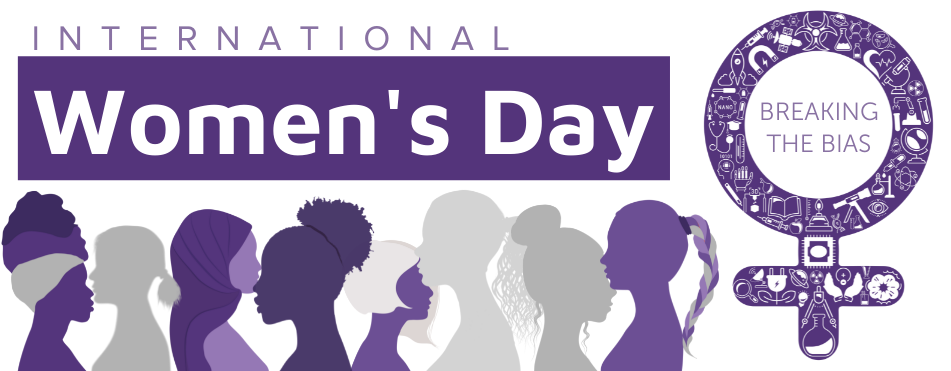
This International Women's Day AZoQuantum spoke to Elizabeth Apala, Senior Research Assistant at NASA's Goddard Flight Centre and Diversity, Equity and Inclusion promoter, about her career in STEM as a Native American woman, her inspirations, and the future of physics for women.
Please could you introduce yourself and your scientific specialty?
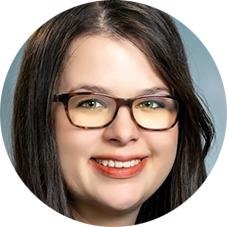 My name is Elizabeth Apala and I am the Senior Research Assistant for the Astrophysics Science Division for NASA Goddard. My job responsibilities include outreach, Diversity, Equity, and Inclusion (DEI), and research. At the moment my research focuses on black holes, but in the past I have studied the circumgalactic medium of different galaxies.
My name is Elizabeth Apala and I am the Senior Research Assistant for the Astrophysics Science Division for NASA Goddard. My job responsibilities include outreach, Diversity, Equity, and Inclusion (DEI), and research. At the moment my research focuses on black holes, but in the past I have studied the circumgalactic medium of different galaxies.
How did you start out in science, and what inspired you to pursue a career in physics in particular?
I started out in science with an interest in astronomy when I was three, and wanted to be an astronaut. Later, I wanted to seek a different career because I didn’t want a job that would take me away from a future family and I didn’t know you could study astronomy without being an astronaut at the time. Everything changed when I started high school and they had an astronomy class and club along with an observatory that they had built with one of my tribes, the Choctaw Nation.
I soon went to astronomy camp and from there I decided to pursue astrophysics. I studied physics as an undergrad and followed that trajectory throughout my master’s degree program. I guess you could say that I have been interested in physics and astronomy for nearly my whole life.
You are currently employed at the Goddard Space Flight Centre. What does your work here entail?
A lot of my work requires a lot of communication with students. I thoroughly enjoy it. It wasn’t that long ago that I was one of these starry-eyed students, and to be a person that can help them now is something that I feel passionate about. As well as outreach, Diversity, Equity, and Inclusion (DEI) work, at the moment I work with Ron Gamble doing black hole research.
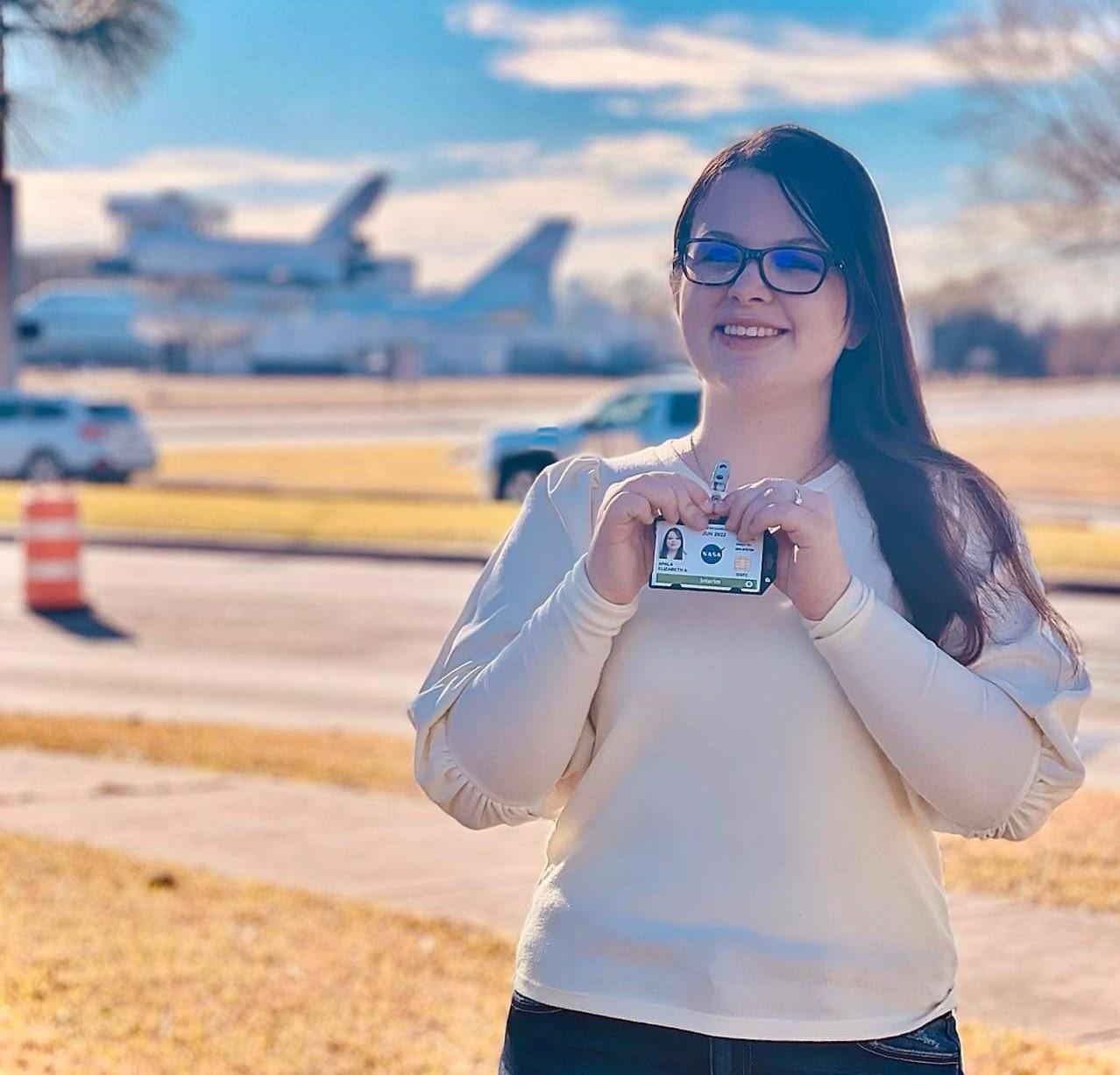
Elizabeth with her NASA badge
Many individuals have experienced additional hurdles in their professional careers due to their ethnicity and/or gender. As a Native American woman, is this something you have experienced, and what more could be done to prevent and address such biases?
In my experience, my hurdles have been more so from people that only see Natives as people that look like Pocahontas. They see that I am not very dark in skin tone and have felt the need to point that out and tell me that I am not a part of my culture because of it. I am proud to be Native and a member of the Choctaw, Chickasaw, Cherokee tribes. Native Americans went through a large genocide that has caused a lot of loss of culture and language, and overall our bloodlines have become watered down with other races and cultures, making us look different than what others try to label us. I hope as we continue to try to increase awareness of DEI that we look more at cultures than skin tone, because we will disrespect and show ignorance to a lot of wonderful people if we only judge by what we can see.
What are some of the ways that you encourage people to pursue careers in physics within your role?
Encouraging others to pursue careers in physics, specifically at Goddard, is part of my job. I often help students contact specialists in the field to answer questions about the disicpline and I go to many outreach events targeted to students in undergraduate programs to spark interest in the field. It is one of my favorite parts of what I do.
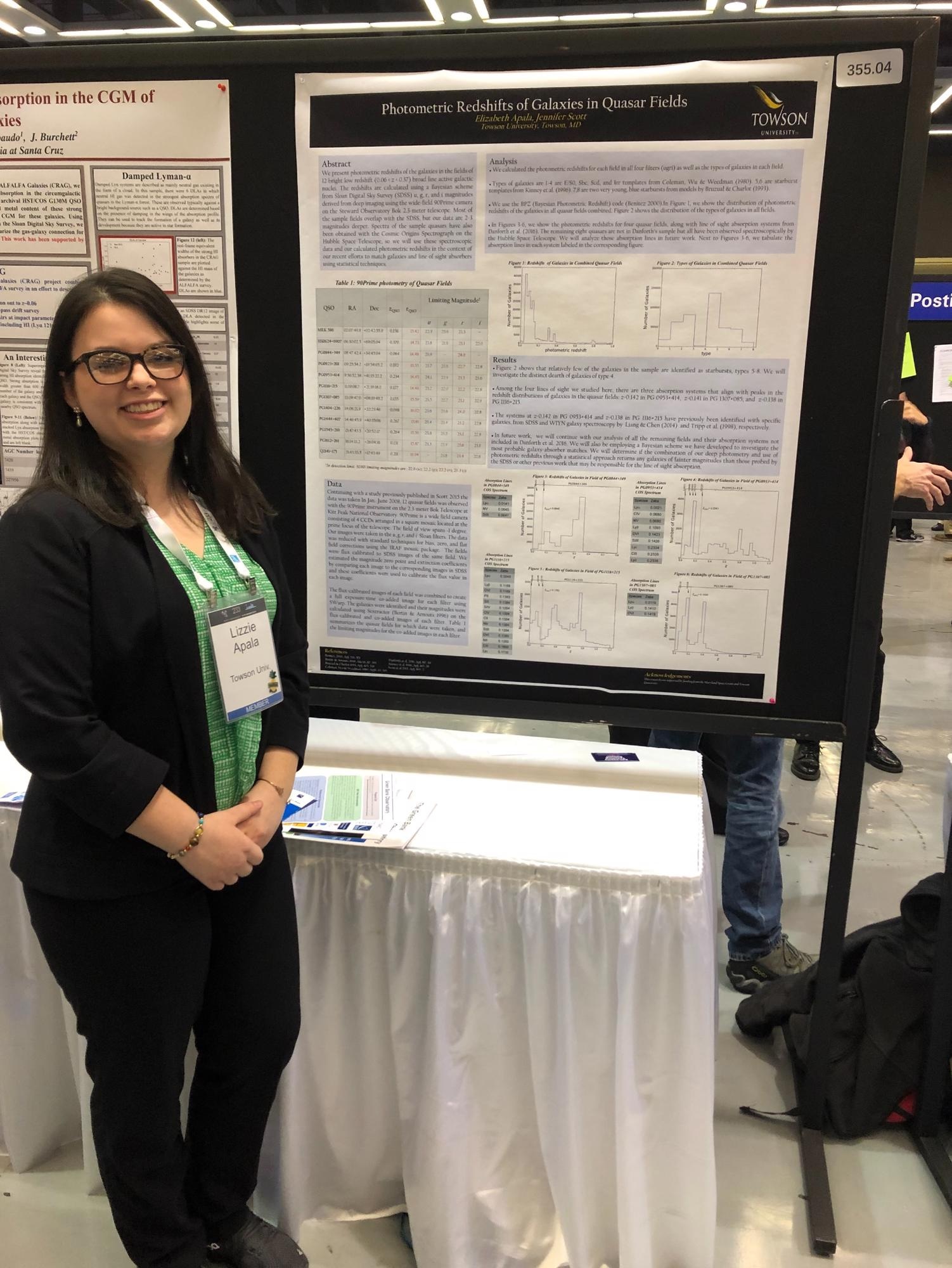
Elizabeth presenting her graduate school thesis research at the AAS
Do you have any advice for young women or girls who wish to pursue a career in STEM, or physics in particular?
Keep your head up and know that you can do it. Don’t be afraid to ask many questions - it's how we learn.
When people tell you that you can’t or shouldn’t, don’t let it get under your skin but rather use it as fuel to add to your flame, because later on they will see that you can, and you did.
Are there any female scientists or mentors in your field or beyond that particularly inspire you?
I really look up to my bosses that I have right now. They are Rita Sambruna and Amber Straughn. They are brilliant, passionate, patient, and kind.
Are you optimistic that physics will become more diverse over the next decade?
I am very optimistic that physics will be more diverse in the next decade. I see the feverish work of Goddard and beyond all the time, and while change can be slow, it is change nonetheless.
What are your personal scientific goals for the future?
My goals include reaching out to more students and assisting more each year by helping them get internships and continuing my research. Eventually, I would also like to become a civil servant.
About Elizabeth Apala
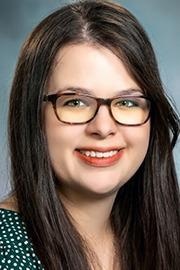 My name is Elizabeth Apala and I am the Senior Research Assistant for the Astrophysics Science Division. My duties include working in diversity, equity, and inclusion and outreach. Being that I am a Native American, belonging to the Choctaw, Chickasaw, and Cherokee tribes, my work is very personal and important to me. I started my position on November 2, 2020, so I am still a little new but loving every second of it. Astronomy and physics have been a lifelong passion and interest of mine, and I find a lot of enjoyment in sharing that love with students at different events and through different schools and outreach-focused efforts. As I started during the pandemic, I have not been on-site as an employee yet, but I am happily working from home in southeastern Oklahoma at my quail and goat farm. I started my farm early last year which consists of eleven Nigerian Dwarfs and about a hundred coturnix and celadon quails. Outside of my farm animals I also have two Chihuahuas named Annie (named after Annie Jump Cannon) and Little Man. For fun, I like to crochet, read, and travel.
My name is Elizabeth Apala and I am the Senior Research Assistant for the Astrophysics Science Division. My duties include working in diversity, equity, and inclusion and outreach. Being that I am a Native American, belonging to the Choctaw, Chickasaw, and Cherokee tribes, my work is very personal and important to me. I started my position on November 2, 2020, so I am still a little new but loving every second of it. Astronomy and physics have been a lifelong passion and interest of mine, and I find a lot of enjoyment in sharing that love with students at different events and through different schools and outreach-focused efforts. As I started during the pandemic, I have not been on-site as an employee yet, but I am happily working from home in southeastern Oklahoma at my quail and goat farm. I started my farm early last year which consists of eleven Nigerian Dwarfs and about a hundred coturnix and celadon quails. Outside of my farm animals I also have two Chihuahuas named Annie (named after Annie Jump Cannon) and Little Man. For fun, I like to crochet, read, and travel.
Banner Credits: Melitas & M.Style / Shutterstock
Disclaimer: The views expressed here are those of the interviewee and do not necessarily represent the views of AZoM.com Limited (T/A) AZoNetwork, the owner and operator of this website. This disclaimer forms part of the Terms and Conditions of use of this website.